What is Self-archiving?

Green OA is also known as self-archiving. It is a strategy of making scholarly works available online by posting version of the Author’s Manuscript onto a digital platform. The works can be journal articles, conference proceedings, technical reports, theses and dissertations, or data sets.
While most journals permit self-archiving, some, such as medical journals, have specific restrictions. To ensure the self-archiving practice aligns with publishers’ policies, you are advised to read the publisher’s websites and contracts carefully before proceeding to upload your papers.
Some research funds may request researchers to deposit their works in green OA. Researchers should also make sure they adhere to their guidelines while doing so.
Where to Self-Archive?
Authors may self-archive their works in three ways:
- Subject Repositories
Subject or disciplinary repositories allow papers to be more readily found by researchers with similar expertise. Before you deposit your works, review the policies of the repositories as they may have restrictions on the versions of manuscript submitted. Here are some examples of subject repositories: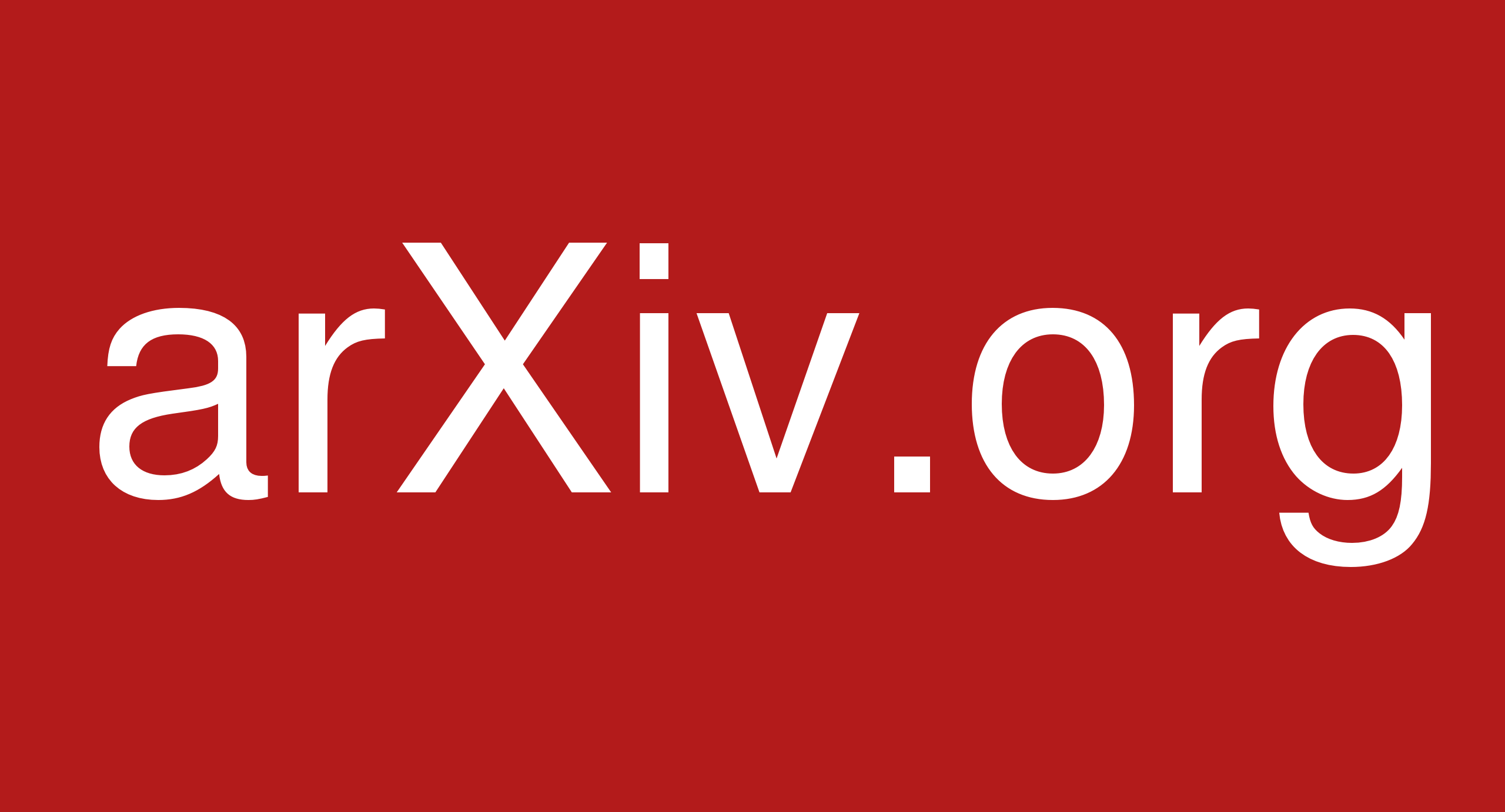
arXiv.org is run by Cornell University. It provides e-print archive and distribution service in the fields of physics, mathematics, computer science, quantitative biology, quantitative finance, statistics, electrical engineering and systems science, and economics.
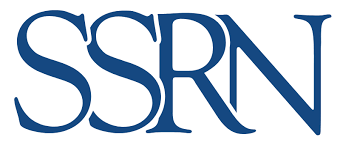
Social Science Research Network (SSRN) is devoted to the rapid worldwide dissemination of social science research. It covers such specializations as social sciences, applied sciences, health sciences, humanities, life sciences, and physical sciences.
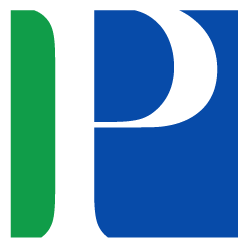
PhilPapers houses index and bibliography of philosophy maintained by the community of philosophers. It monitors all sources of research content in this area.
- Institutional Repository
Institutional repositories are run by universities and organizations. They help ensure that the deposition complies with publishers’ guidelines and make your work consistently retrievable. Lingnan University Library provides Lingnan Scholars, the scholarly portal to capture all research outputs and impacts of our scholars. Click HERE to learn more about our service. - Personal Websites
Many authors have professional websites that describe their research interests and recent publications. Authors often wish to make electronic copies of these publications available for direct download. Make sure your publisher allows such self-archiving before sharing your work.
Compliance with Publisher’s Policies
If your manuscript is published or will be submitted for publication, check the publishers’ policies on self-archiving prior to disseminating your work. Authors are often unaware that they have signed an agreement prohibiting this form of distribution. Restrictions may apply in these aspects:
- Article version
Some journals may allow the distribution of pre-peer-reviewed copies but not the final published version. Click HERE for detailed explanations of article versions. - Embargo
In some cases, journals impose an embargo period, meaning that the self-archived copy can only be released after a certain period of time following publication. - Credit line and indication of source
Authors may be requested to add a remark to indicate and link to the source of the final published PDF.
In this table, you can find major publishers' standard policies on self-archiving. Note that this is only a summary of publishers’ guidelines. You are encouraged to look into individual journals for specific rules.
| Publisher Policy Site | Pre-print | Post-print | Publisher's version |
|---|---|---|---|
| Cambridge University Press | Depends on journals | ||
| Elsevier | Needs embargo ( Journal Embargo Finder ) |
||
| Emerald Publishing | |||
| Oxford University Press | Depends on journals ( Accepted manuscript embargo periods ) |
||
| Sage | |||
| Springer | Depends on journals / book / book chapters | ||
| Taylor & Francis | Depends on journals ( Open access cost finder ) |
||
| Wiley | Depends on journals ( Author Compliance Tool ) |
Individual journal under listed publishers may have separate policies. You are advised to refer to the official journal website for most accurate and updated details. To know more about Self-Archiving Policy of other publishers / specific journals, perform a Search in SHERPA RoMEO, a database of publisher policies on open access and copyright issues
Lastly, if you find out that your publisher or journal prohibits self-archiving, you may initiate an agreement called author addendum with your publisher to retain your author’s rights.
SHERPA/RoMEO

To know more about Self-Archiving Policy of other publishers / specific journals, perform a Search in SHERPA RoMEO, a database of publisher policies on open access and copyright issues:
SHERPA/RoMEO uses Color Classification to help authors determine permissions.
| RoMEO Colour | Archiving policy |
|---|---|
| Green | Can archive pre-print and post-print or publisher's version/PDF |
| Blue | Can archive post-print (ie final draft post-refereeing) or publisher's version/PDF |
| Yellow | Can archive pre-print (ie pre-refereeing) |
| White | Archiving not formally supported |
Authors who wish to publish a copy of their articles will want to look for journals classified as green or blue, then check on any additional restrictions.


 OA Explained & Knowing OA
OA Explained & Knowing OA Benefits of OA
Benefits of OA OA Directories
OA Directories Want to publish in OA?
Want to publish in OA? Common Terminology in OA
Common Terminology in OA Types of OA
Types of OA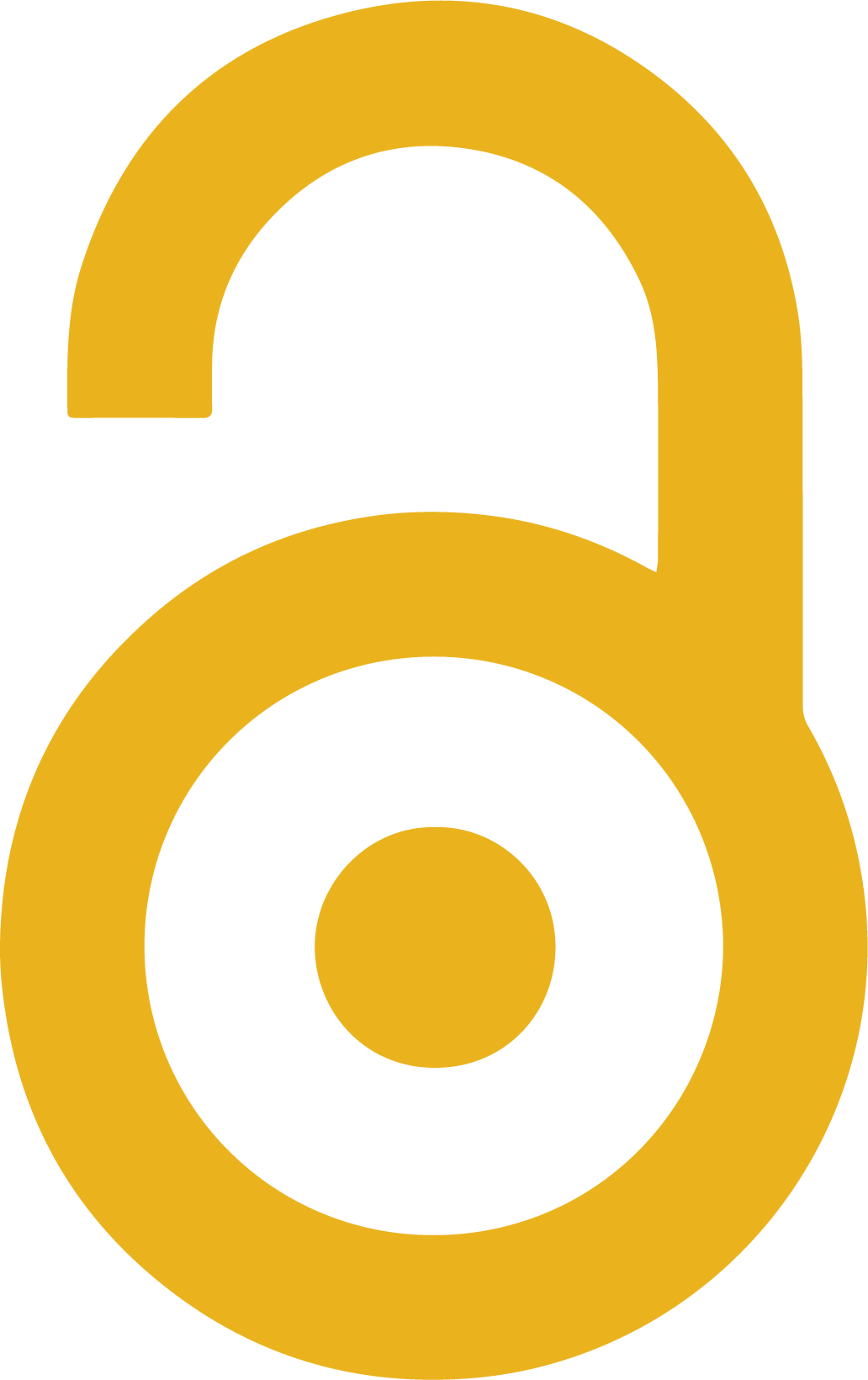 Gold OA: Open Access for Global Readership
Gold OA: Open Access for Global Readership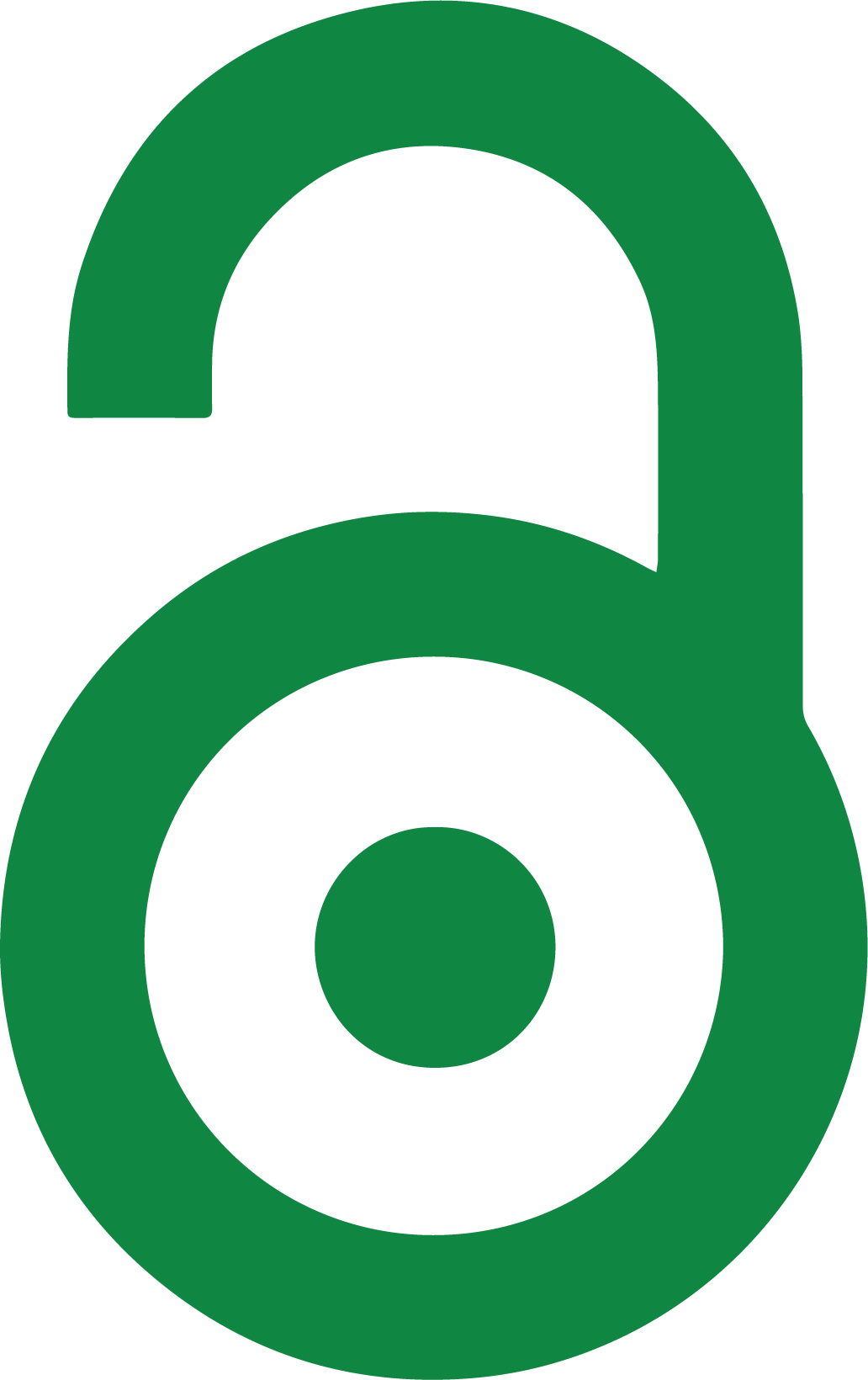 Green OA: Self-Archiving Publications
Green OA: Self-Archiving Publications Article Version
Article Version Beware of Predatory Journals
Beware of Predatory Journals OA Publishing Support@Lingnan
OA Publishing Support@Lingnan Open Access Publishing Agreements
Open Access Publishing Agreements Lingnan Open Access Publishing Support Fund
Lingnan Open Access Publishing Support Fund  Self-Archiving via Lingnan Scholars
Self-Archiving via Lingnan Scholars Author's Rights: Why is it IMPORTANT?
Author's Rights: Why is it IMPORTANT? What is Creative Commons Licenses?
What is Creative Commons Licenses?